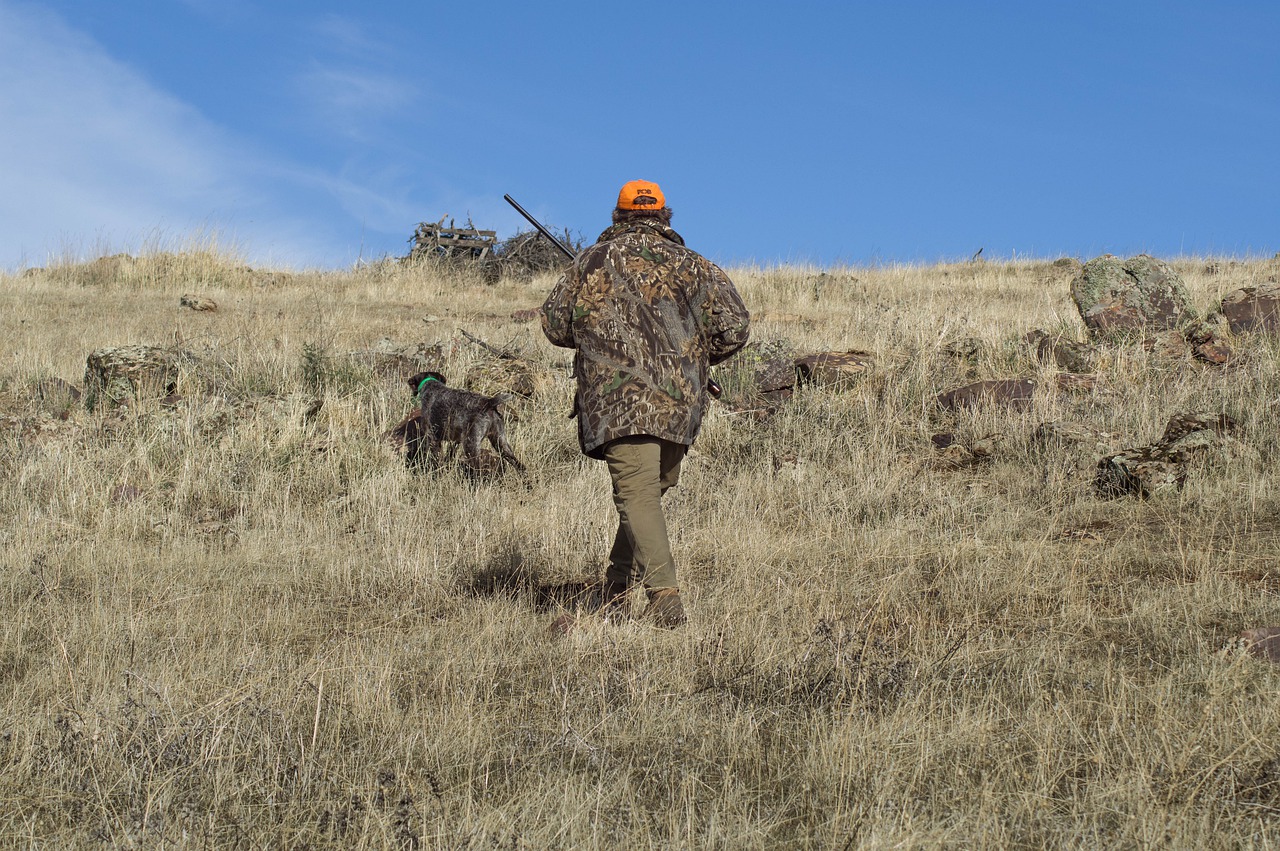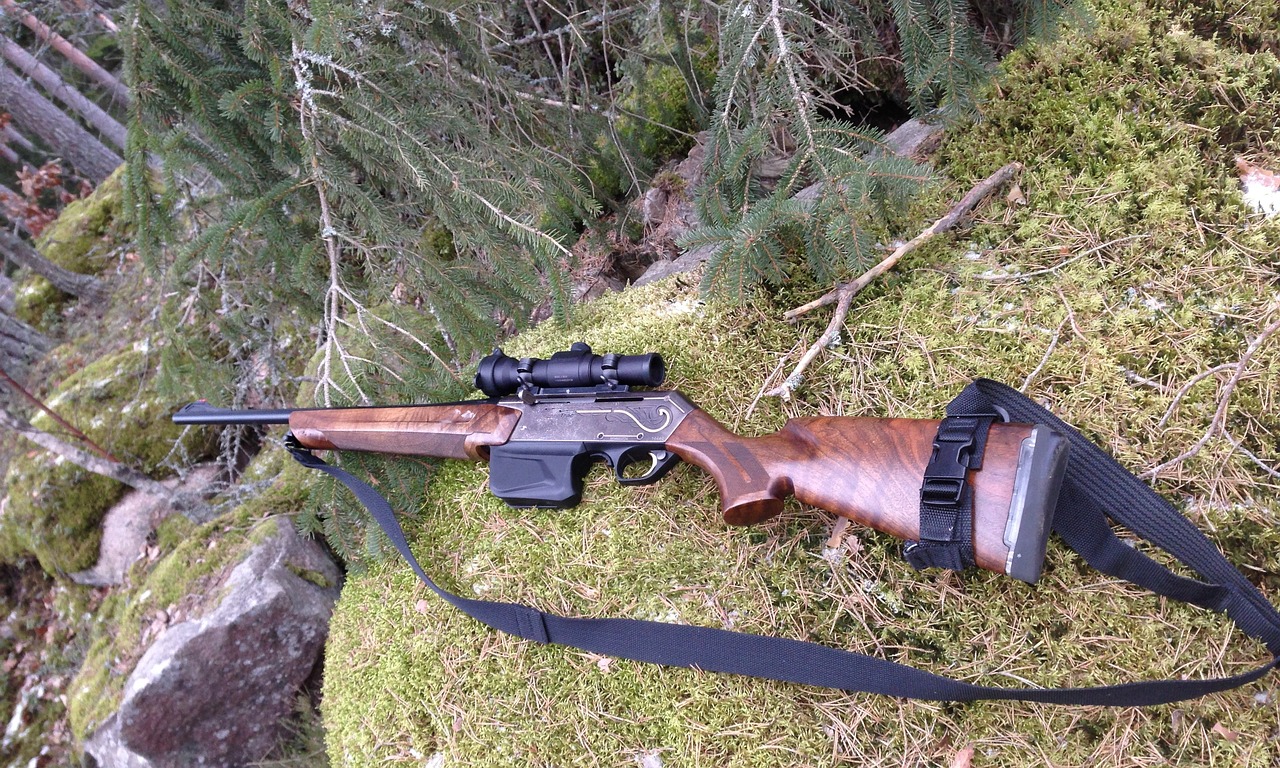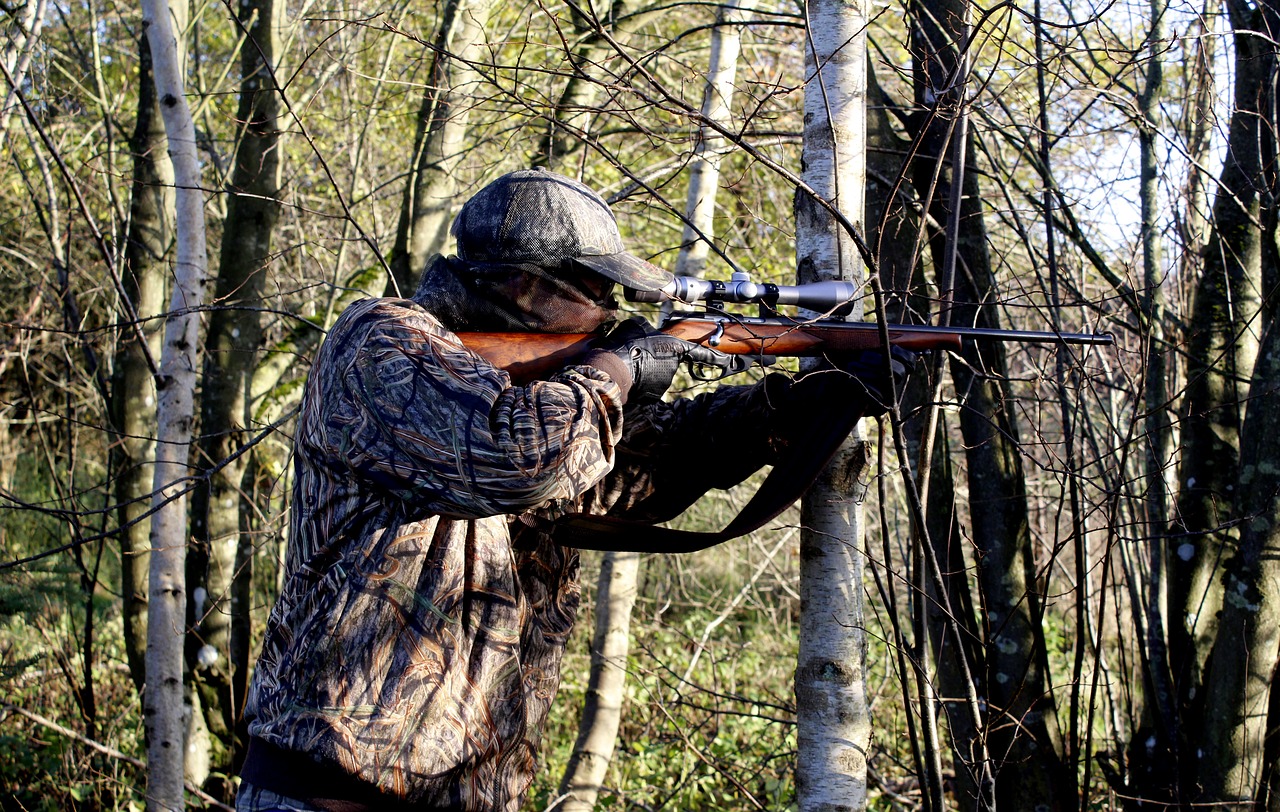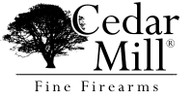Can hunting save you money?
Sep 3rd 2021
Can hunting save you money?
Can we still possibly get the things we need, particularly food, for free? How much do you spend every month for meat, and how did our ancestors survive without the convenience of the supermarket? Is hunting still a tangible method of survival, and can you thrive just on wild game meat?
Hunting on a budget:
Our ancestors survived without using money to get what they needed, specifically when it comes to food. They used sharpened tools and stalked potential targets. They hunted animals in the wild, big or small. Thereafter, they feasted on their trophies and shared their catch with their community. The food provided nourished that community which fortunately thrived and grew bigger...and bigger. You and I are even part of that community now.
While we strive on a daily basis to meet the demands of our existence and provide for our basic needs, all these and more are the reasons why businesses and enterprises exist and continue to produce these things for our convenience. In fact, one of the largest enterprises in the world is food and this kind of industry has been ever-evolving and has adjusted to the needs of the people through time. Meat products, for example, have been noted to be the most sought-after, in-demand sectors of the food market. Of course, these meats are obtained commercially and had inevitably resulted in a lot of setbacks and affected the quality which the consumers (we) oftentimes find unappealing.

hunting by jacqueline macou from Pixabay
But now that almost everything is readily available in the market, plus the fact that hunting has gained a new level and this modern skill has become highly technical. The question really is: Do we actually save money from hunting?
Hunting games like deer or duck, for example, have been proven lucrative by some hunters. Let’s compare how much we can potentially spend from hunting versus our purchases in the market?
Let us first do the math in terms of prepping for hunting:
You need to spend on some one-time purchases for hunting such as:
- Rifle, Gun Case, Amo, Equipment (Estimates: $800-$850)
- Freezer ( Approximately: $600)
Now that you already have the idea on what and how much to purchase on a one-time basis, it’s time to consider the recurring expenses which you need to prepare as the needs arise:
- Land Lease Cost: $1,000 Per Year
- Hunting License: Cost: $53 Per Year
- Ammunition: Cost: $100 Per Year
- Traveling: Cost: $15 Per Year
- Meat Processing/Butchering: Cost: $600 per year or $5 per pound of meat (of course, if you know how to process the meat yourself, then you won't have to spend any further!)

Rifle by Ulf Åkesson from Pixabay
Other variable that you need to consider when it comes to the cost of hunting:
In considering these expenses you need to also account for the time and effort as a cost. You know the saying, “time is money”? Well, your time is valuable and it can take a considerable amount of time to harvest your game.
Meanwhile, the majority of Americans rely on store-bought food and feed their families with goods purchased at a store. A report in 2020 suggests that an American family of four, at the very least, would spend $150 each week on food in grocery stores. That totals to around $7,800 for 52 weeks or one year!
If luck strikes and you’re able to score four large deer, two of which can actually feed around 4 people per household. That estimate is good for roughly around 1 year based on an average adult food consumption. The remaining two have the potential to sell for around $2,500!
Now, let’s dig in more to some advantages of hunting:
- First, hunting is a healthy way to get your food. Hunters consider hunting as ethically and morally acceptable due to the fact that the animals are free in a natural environment rather than in farms where animals are controlled, fed, and bred unwillingly. In hunting, an animal is “killed” directly and painlessly with the proper use of hunting gear, rifles in a dependably durable rifle case, thus ensuring a 100% clean kill. Most importantly, commercially produced meats tend to be less healthier than those from the hunt because of the latter’s natural habitats and healthy source of food.
- Second, hunting for your food teaches people to be sustainable, ecologically and environmentally- conscious. While more and more people rely on commercial meat products, learning to obtain your own food by hunting will create a sense of consciousness and realization of how much we should take care of our environment as the source of some of our basic needs, food in particular.
- Third, hunting is much cheaper than buying processed and packaged meats in the market. As mentioned above, hunting definitely requires one to purchase hunting equipment. However, if you come to think about the frequency of buying commercial meats, you will come to realize that you do not only pay for the meat itself but also for the labor that comes in it—the farming, butchering, cleaning, delivery, packaging and every bit of “activity” that comes with it.

hunter by mtorben from Pixabay
Conclusion:
It goes to say, therefore, that hunting and preparing your own meat is indeed cheaper as compared to just a portion of an animal meat purchased in the market, which, if bought frequently, will cost you more than what you can spend on hunting. Not only that, seasoned hunters always think of other intangible factors that go along with hunting from ethics, to health and ecological needs for a healthy ecosystem.
While many people think of hunting as a pastime, those who breathe and live for the hunt consider hunting as a source of economic fulfillment. Some already built tangible and lucrative profits for their game.
Although hunting is considered a seasonal “game”, experienced hunters would always find themselves eager to wait for the hunting season and prepare for the next chase. The next time you get ready to hunt, consider calculating what you can spend and how much you could potentially gain from the hunt.
References:
https://www.thebillfold.com/2016/03/does-hunting-really-save-you-money/
https://wildlife.ca.gov/Licensing/Hunting
https://www.outdoorlife.com/blogs/gun-shots/premium-hunting-ammo-worth-price/
https://www.howmuchisit.org/how-much-does-venison-cost/
https://atraditionallife.com/is-hunting-for-meat-cheaper-than-buying-it/
https://www.beefmagazine.com/beef/average-household-spent-961-meat-eaten-home-2018
https://www.statista.com/statistics/1086365/household-expenditure-on-meat-products-us/
https://thesaloproject.com/why-you-should-hunt-meat-yourself/
https://rockethq.com/learn/personal-finances/how-much-should-you-spend-on-groceries-v2
